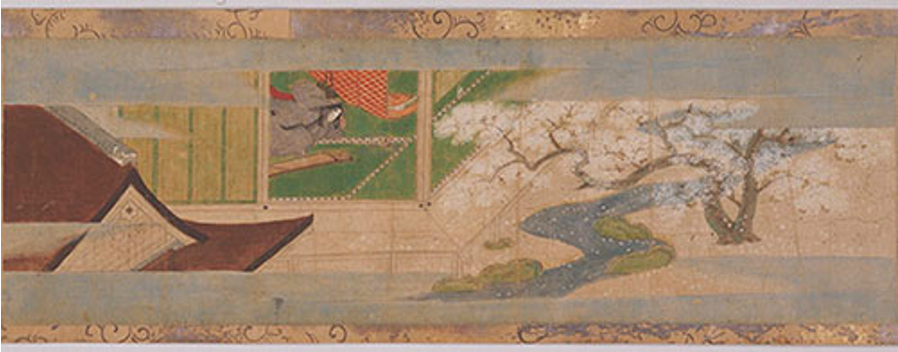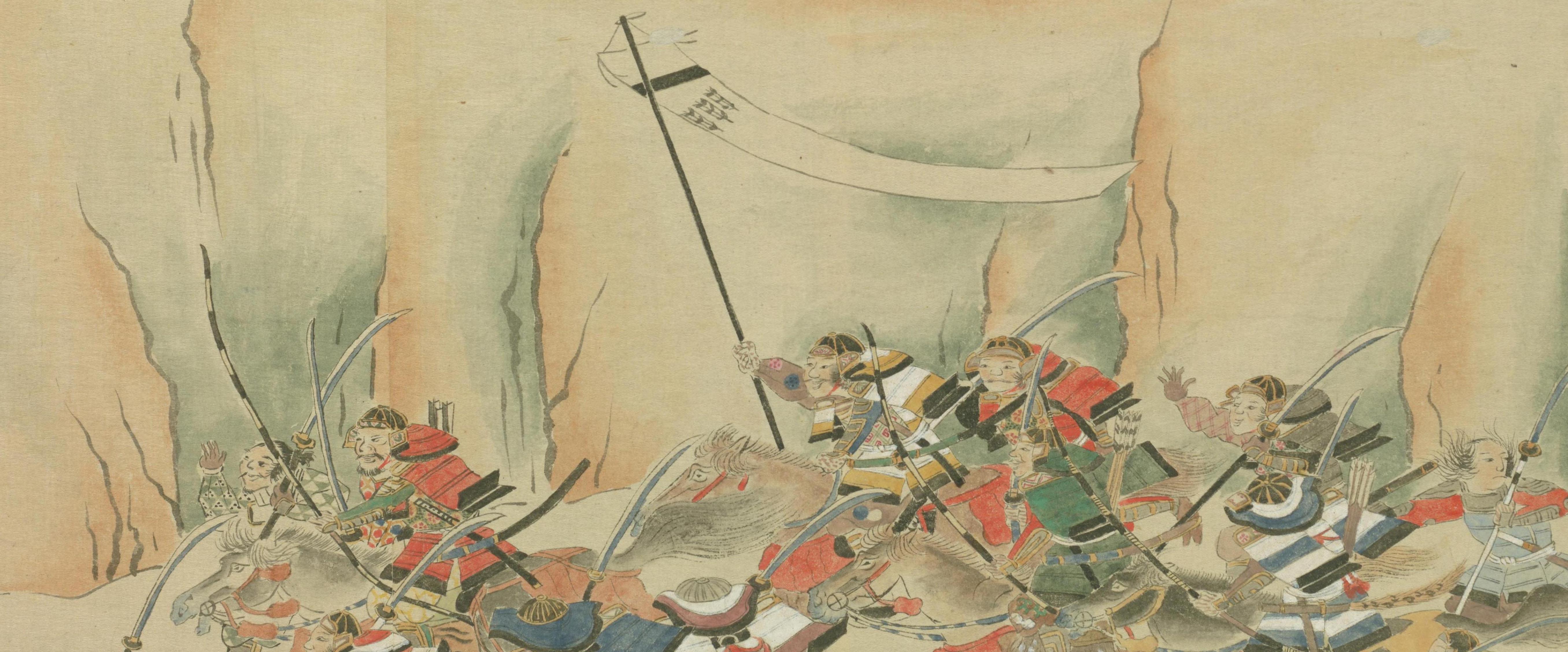Case Studies
Overview
In order to maximize the degree of comparability, we have decided to select genres for the primary case studies that a) show some degree of narrativity, b) represent specific places, and c) exhibit heuristic paradigms of time-related emotions.
Case Study 1 conducted by Nathalie Phillips looks at fantastic tales, including setsuwa, Muromachi tales and court tales, that take place in fantastic worlds. It will have a diachronic focus.
Case study 2 conducted by Léo Messerschmid looks at hagiographies in didactic legends (setsuwa) and diaries (kikō) written by monks, representing sacred spaces (and roads). It will have a diachronic and transgeneric focus.
Case study 3 conducted by Sebastian Balmes examines Tales of Origins (engimono). It will have a diachronic and an intermedial focus.
Case Study 4 conducted by Carina Roth will look at Recluse literature (inja bungaku), whose authors operate in the living environment of the hermitage and temples. It has a transgeneric focus.
Case Study 5 conducted by Nahoko Suzuki looks at war tales (gunki monogatari) and their later adaptations in Noh theater (nō), representing the spatial context of the battlefield. It will have an intermedial focus.
Case Study 6 conducted by Simone Müller focuses on court tales (giko monogatari) and kana diaries (kana nikki). This project will have a gendered focus.
Poetry, foremost waka poetry, being a vessel for a condensed transmission of temporal emotions by way of metaphor, metonymy, and intertextuality, is included in all genres and will be given special attention in the project—even if it does not constitute a primary case study by itself.
Some prominent literary genres of medieval Japan, such as painted handscrolls, historical tales, musical ballads (kōwakamai) and linked verse (renga) could not be assigned as primary case studies. But we plan to include chapters written by project partner, associated project members or further experts on these genres in a planned edited volume.






